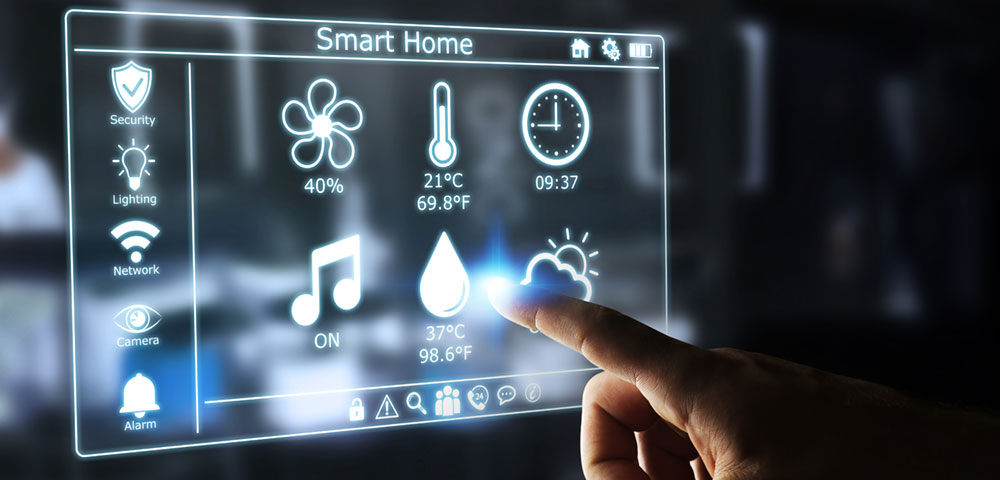
Solar-powered security cameras: Revolutionizing Eco-friendly Surveillance
Share
In the ever-evolving world of technology, security systems are not left behind. One of the latest innovations in this space is the solar-powered security cameras. Designed to meet the growing demand for sustainable energy solutions, these cameras offer a plethora of benefits that appeal to both tech professionals and enthusiasts. But what makes these cameras so revolutionary?
For starters, the integration of solar power into surveillance systems aligns perfectly with the global push towards eco-friendly energy sources. As the world grapples with climate change and environmental degradation, leveraging the sun's energy is not just a smart choice; it's a necessary one.

How Do Solar-powered Security Cameras Work?
At the heart of these cameras is a solar panel that captures sunlight and converts it into electricity. This electricity powers the camera, eliminating the need for traditional power sources. The solar panel is usually connected to a rechargeable battery that stores energy, ensuring the camera operates even during non-sunny periods.
Because of their reliance on solar energy, these cameras can be installed in remote locations without access to electrical outlets. They are perfect for outdoor surveillance, particularly in areas where running electrical wires is not feasible.
Benefits of Solar-powered Security Cameras
Eco-friendliness
Solar-powered cameras are a sustainable alternative to conventional surveillance systems. By using renewable energy, they reduce the carbon footprint associated with electricity consumption. This aligns with the growing trend of green home security solutions that many tech-savvy homeowners are adopting.
Cost-effectiveness
While the initial cost of solar-powered security cameras may be higher than their wired counterparts, they offer significant savings in the long run. Without the need for electrical power, users save on utility bills. Additionally, the installation costs are reduced as there is no need for complex wiring.
Flexibility and Accessibility
The wireless nature of these cameras makes them highly flexible. They can be easily relocated, offering users the freedom to adjust their surveillance setup as needed. This flexibility is particularly beneficial for tech professionals who may need to monitor different locations over time.
Low Maintenance
Unlike traditional surveillance systems that require regular maintenance of electrical components, solar-powered cameras are relatively low maintenance. The major upkeep involves ensuring solar panels are clean and unobstructed to receive maximum sunlight.
Challenges and Considerations
Despite their benefits, solar-powered security cameras come with certain challenges. Their reliance on sunlight means they may not be suitable for locations with limited sun exposure. Additionally, the efficiency of the solar panels can be affected by weather conditions and geographic location.
It's important for tech enthusiasts to carefully assess their specific needs and environmental conditions before investing in these systems. Exploring sustainable security systems can provide more insights into optimizing the use of solar-powered cameras.
The Future of Solar-powered Surveillance
As technology continues to advance, the efficiency and capabilities of solar-powered security cameras are expected to improve. Innovations in solar panel technology and battery storage will likely enhance their performance, making them even more appealing to a broader audience.
The integration of solar power with smart home systems is another exciting development. By connecting these cameras with other home automation ideas, users can create a comprehensive security network that is both efficient and environmentally friendly.
For more insights into the intersection of technology and sustainability, explore green technologies and how they are shaping the future.

FAQ
1. Are solar-powered security cameras reliable in all weather conditions?
While these cameras are designed to work in various weather conditions, their efficiency can be affected by lack of sunlight. It's crucial to ensure they are installed in areas with adequate sun exposure.
2. How long do the batteries in solar-powered cameras last?
The battery life varies depending on the camera model and usage. However, most cameras have a battery life ranging from several months to a few years.
3. Can solar-powered cameras be integrated with existing security systems?
Yes, many solar-powered cameras are compatible with existing security systems, offering seamless integration and enhanced security coverage.
